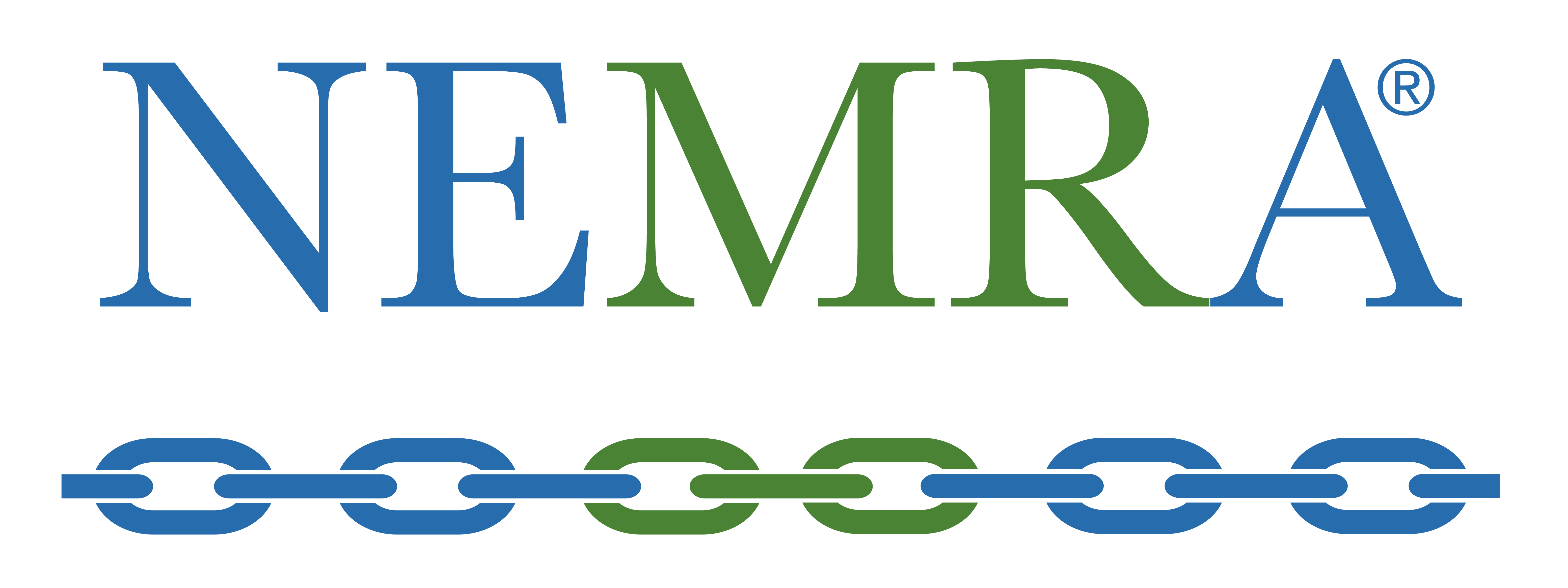

The last few years have tested our nation as well as our association and its members. I am proud of our participation, within the SBLC, and their role in advancing policies that promote the growth of small and privately owned businesses and in successfully fighting back against several damaging proposals, particularly in the tax area.
So, what has the SBLC accomplished in the last few years?
- The SBLC played a significant role, individually and as a member of several coalitions, to ensure that small businesses and trade associations got the resources and support that they needed through the COVID-19 pandemic, including promoting and strengthening the Paycheck Protection Program (PPP) and the Economic Injury Disaster Loan (EIDL) program.
- The SBLC fought to keep the estate and gift tax exemption at its current level rather than the significantly reduced level proposed this year which would have cost successful small business and privately owned business owners and their key employees millions of dollars in taxes. Reducing the estate tax exemption would cause the owners of many privately held and small businesses (including ranchers and farmers) to be unable to pass the business on to another generation and/or would cause a significant monetary drain to pay for estate planning lawyers, accountants, and the purchase of insurance to mitigate the impact of this reduction. The SBLC will be fighting in 2023 to make the current estate tax exemption permanent so that it doesn’t automatically get cut in half as of January 1, 2026.
- The SBLC led the charge to fight the proposed elimination of the step-up in basis for assets going through an estate. This single proposal would have resulted in major new income taxes for the heirs of the owners of small and privately owned businesses. The SBLC educated other groups that did not understand the nuances of estate tax law and got them involved in the fight. We were able to help several key Congressional members understand that the impact of this bill would fall on millions of Americans – many of them middle or upper middle-income taxpayers and certainly not only the very rich.
- The SBLC spearheaded a coalition which successfully opposed a proposal in the Senate to reduce the important 199A deduction. Under this proposal, if the owner’s income exceeded a certain amount, the deduction would be reduced or eliminated in its entirety. This deduction was designed to provide some semblance of parity between the tax rates for C corporations and those for pass through entities, (Sub-S, LLCs, partnerships, and sole proprietorships). Our position was that the income of the owners should be irrelevant as to whether the deduction is available.
- The SBLC continued (and continues) to work hard to ensure that the 199A deduction for pass through entities is made permanent or extended. This deduction is currently set to expire on December 31, 2025. We are educating members of Congress as well as other associations about ways to improve the existing 199A deduction so that it is easier for pass-through entities to use and to extend its reach so that it is irrelevant what type of business the pass-through is doing. We will continue to work on this priority next year.
- The SBLC called attention to the last-minute proposal advanced to tax all income in a pass-through entity not subject to payroll taxes, with a new 3.8% Net Investment Income Tax (NIIT). Bringing together a strong coalition, the SBLC played an important role in this new tax being excluded from the Inflation Reduction Act of 2022.
- The SBLC educated the Department of Labor (DOL) on how its proposed rules, most recently the various iterations of the overtime rules and independent contractor rules, would impact small and privately-owned businesses, and successfully opposed proposals that would have been unduly burdensome or unwieldy for small businesses.
- The SBLC educated other partners and members of Congress about the negative impact the various Social Security proposals would have on small and privately-owned businesses. These proposals would dramatically increase payroll taxes paid by the owners of small and privately owned employers because not only would the owners have to pay payroll taxes on their own income above a certain threshold (say $400,000), but the company would also have to match the extra payroll taxes for all employees over the income threshold. The SBLC will continue to monitor the fixes to shore up the Social Security system to make sure small and privately owned businesses are treated fairly.
Our involvement in the SBLC ensures that they take an active role in making the laws and regulations better for our members by meeting with members of Congress and their staff on topics that are relevant and important to our members, and taking an active part in group advocacy efforts, such as roundtables sponsored by the U.S. Small Business Administration.
Sincerely,

Jim Johnson
President





